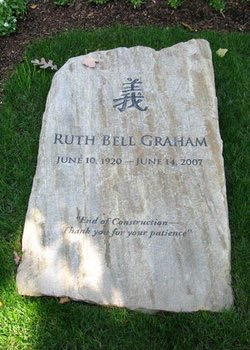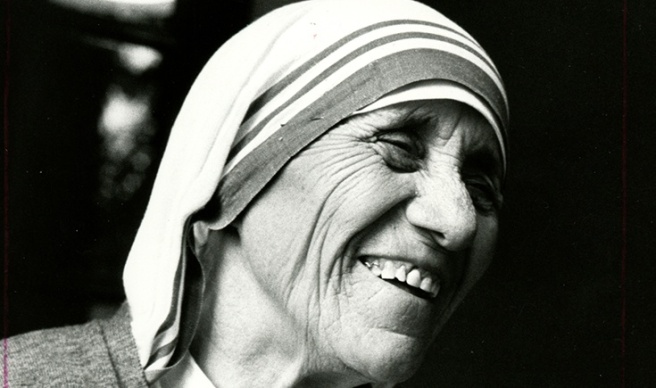
Christmas always fills my head and heart with lots of questions. Curious by nature, I find myself wondering about most every character in the story. The magi seems to be the most mysterious of all. Remember their visit?
“On coming to the house, they saw the child with his mother, Mary, and they bowed down and worshiped him…” Matthew 2:11
Matthew alone records the visit of the gift-giving wise men. Though they saw both Jesus and Mary, they worshipped only the Savior. Have you ever wondered why they made the trip? Perhaps they started out on their search motivated by politics or they thought this new king could help them defeat Rome. Maybe they came out of boredom or curiosity. Could it have been the emptiness inside that led to their visit?
Whatever their motives, the Bible tells us that when they saw Him, they fell down and worshipped Him and I believe that gift was more valuable than their gold, frankincense, and myrrh.
I am reminded that worship is a gift each of us can offer this Christmas.
Hundreds of years ago when people addressed prayers to people, the mother of Constantine, at that time ruler of the world, wrote the following prayer to the three wise men who came to Jesus:
“Like me…you were late in coming. The shepherds were here long before you; even the cattle. They had joined the chorus of angels before you were on your way…how laboriously you came, taking sights and calculating where the shepherds had run barefoot. How odd you looked on the road attended by what outlandish liveries, laden with such preposterous gifts! Yet you came and were not turned away. You too found room before the manger. Your gifts were not needed but they were accepted and put carefully by, for they were brought with love. In that new order of charity that had just come to life, there was room for you too. You were not lower in the eyes of the holy family than the ox or the donkey. You are the patrons of all latecomers, of all who have a tedious journey to make to the truth. Of all who are confused with knowledge and speculation, of all who through politeness make themselves partners in guilt, of all who stand in danger by reason of their talents. Dear cousins, pray for me and my poor overloaded son. May he too, before the end, find kneeling space in the straw…”
In a world filled with far too many desperate places like Aleppo, I pray that all who don’t know the Savior may find their kneeling space and the moment when their wandering ceases and they are captured by the wonder of Jesus.
This Christmas, where is the one born King of the Jews? He is right here, ready, willing and able to meet every need, but we must not lose the wonder.
Oswald Chambers once wrote…
“Faith is the inborn capacity to see God behind everything, the wonder that keeps you an eternal child. Wonder is the very essence of life. Beware always of losing the wonder…”
My hope and prayer is that wherever we may wander we will never lose the wonder of what happened in Bethlehem’s manger 2,000 years ago. God bless you and Merry Christmas!

 Superhero costumes are the most popular this year according to a salesperson interviewed for our local newspaper. Are we surprised? In the chaos and craziness of our culture when breaking news brings another round of discouragement for so many of us, superheroes seem to be in short supply.
Superhero costumes are the most popular this year according to a salesperson interviewed for our local newspaper. Are we surprised? In the chaos and craziness of our culture when breaking news brings another round of discouragement for so many of us, superheroes seem to be in short supply.
 Walking through our Student Center a few weeks ago I was stopped by one of our newest students who wanted to know what I was doing on the weekend of September 16th. Uncertain about my calendar or his request I inquired to learn the reason for his question. His response was short and simple:
Walking through our Student Center a few weeks ago I was stopped by one of our newest students who wanted to know what I was doing on the weekend of September 16th. Uncertain about my calendar or his request I inquired to learn the reason for his question. His response was short and simple:




